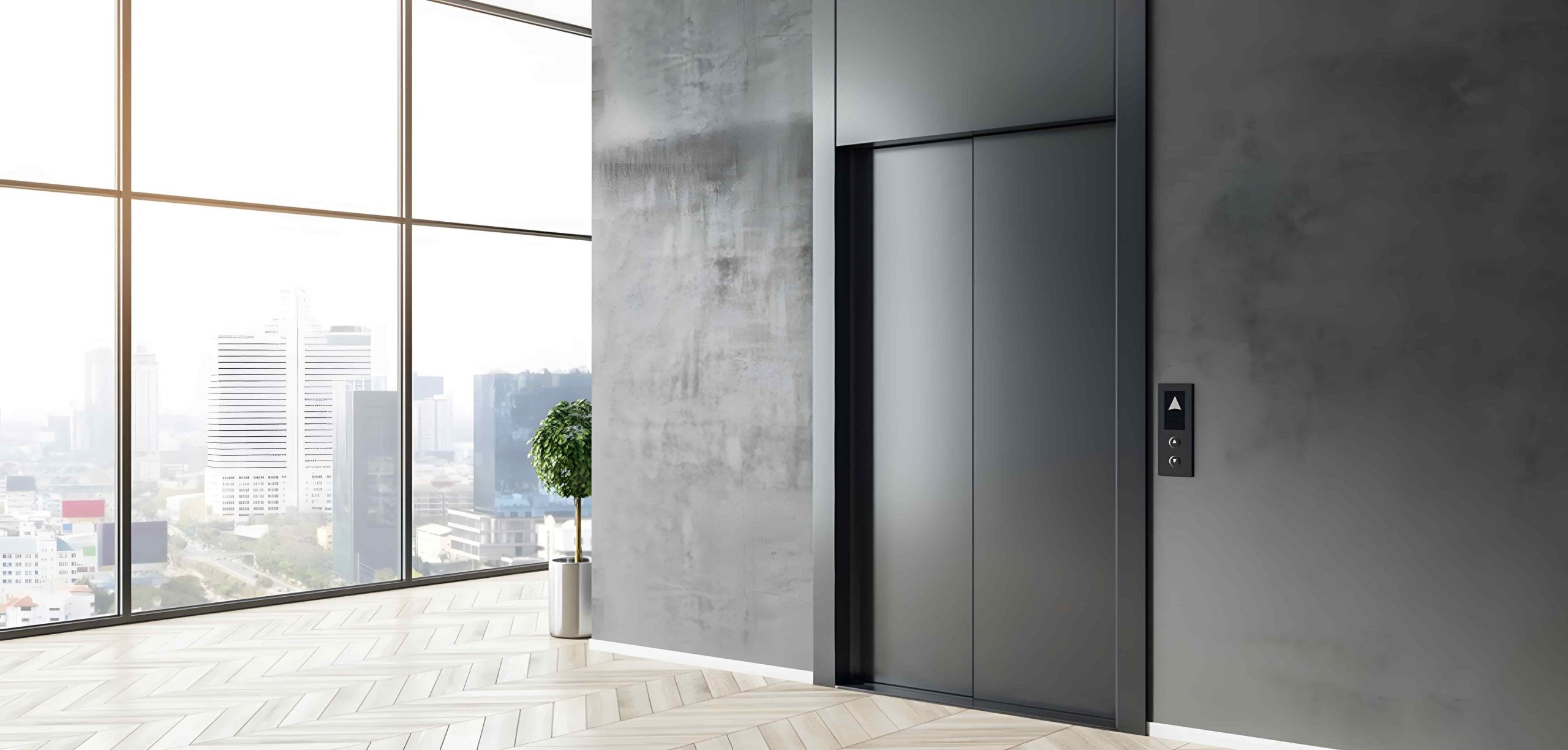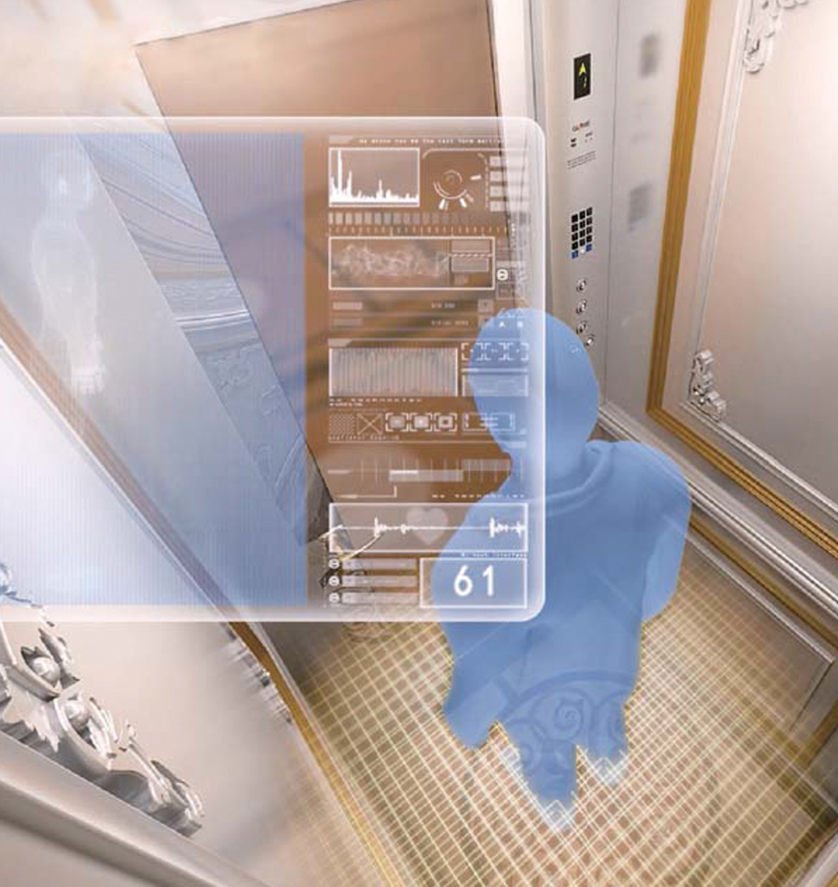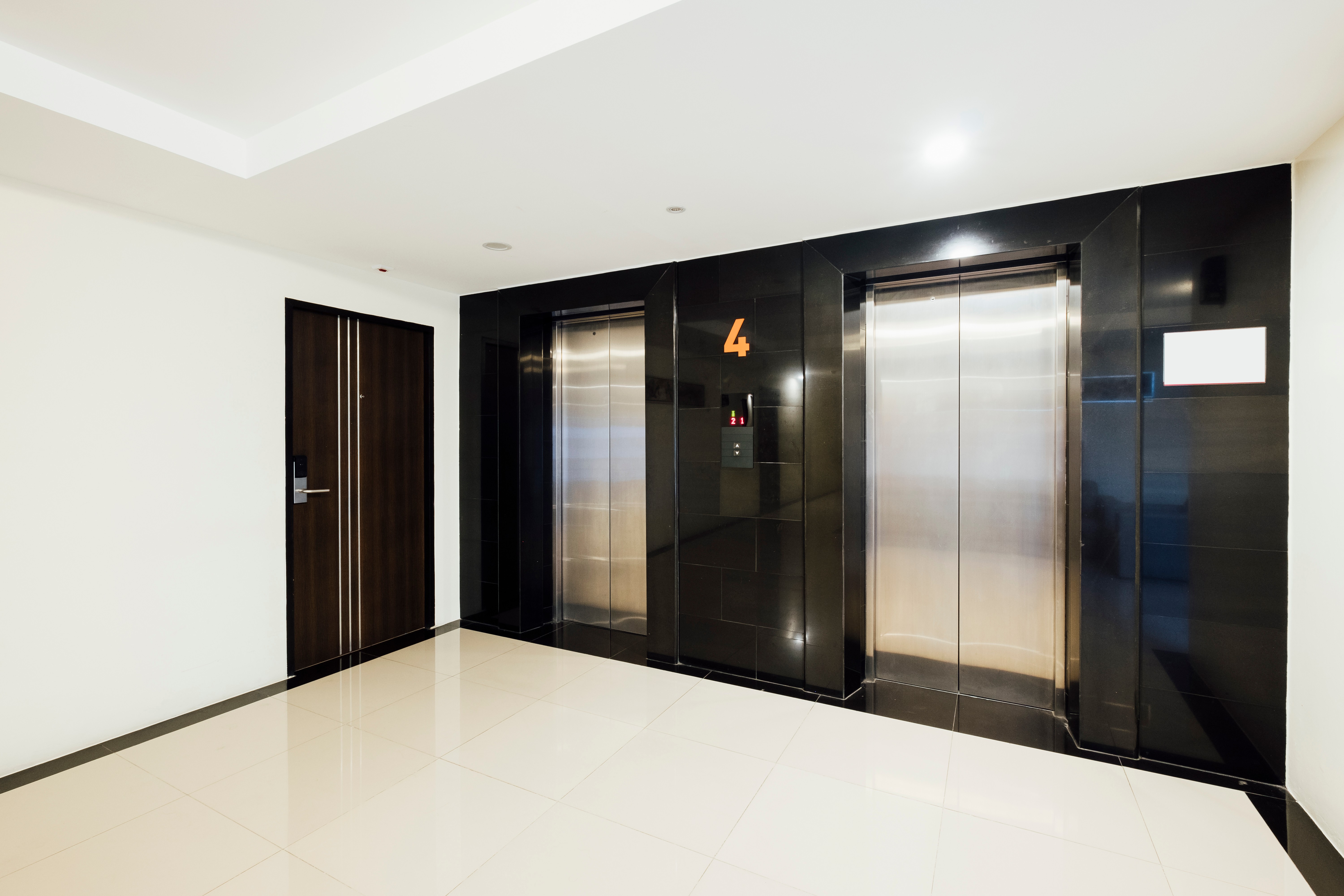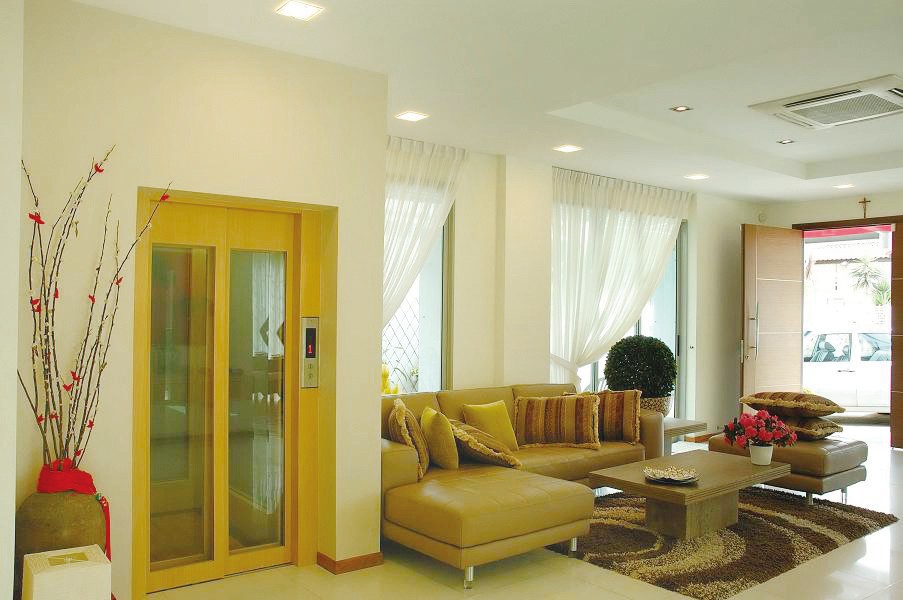Introduction

Are you considering adding a residential lift elevator to your home but unsure about the house elevator cost? Understanding the factors that impact residential elevator cost is crucial when budgeting for a lift home elevator. Researching how much does a residential elevator cost is significant to make an informed decision and avoid any surprises down the line.
Understanding the factors that impact residential elevator cost
When it comes to determining home elevator cost, several factors come into play. The size and capacity of the residential lift elevator, customization options, and geographic location all influence how much does a residential elevator cost. By understanding these factors, you can better plan for your house elevator cost and make an informed decision.
Factors to consider when budgeting for a residential elevator
Budgeting for a home lifts cost involves more than just the initial purchase price. It's essential to consider long-term maintenance and operational costs when calculating the overall home elevator price. By factoring in these additional expenses, you can ensure that your investment in a house elevator lift is financially sound.
The significance of researching residential elevator costs
Researching how much does a residential elevator cost allows you to compare pricing from different providers and understand what features are included in each quote. This knowledge empowers you to make an informed decision about investing in a lift home elevator that not only fits your budget but also adds value to your home.
Now let's dive into Schmidt Elevator Co., Ltd., which sets the industry standard for high-quality residential elevators with innovative features catering to different budget ranges.
Schmidt Elevator Co., Ltd.: Setting the industry standard

Schmidt Elevator Co., Ltd. has built a solid reputation for delivering high-quality residential elevators that exceed industry standards. With a focus on precision engineering and durable materials, Schmidt elevators are known for their reliability and longevity, making them a top choice for homeowners seeking a reliable lift solution.
Schmidt's reputation for high-quality residential elevators
Schmidt Elevator Co., Ltd. has become synonymous with excellence in the residential elevator market, earning the trust of homeowners through their commitment to quality and safety. Their elevators are meticulously crafted to meet rigorous standards, ensuring smooth operation and peace of mind for users.
Innovative features offered by Schmidt elevators
In addition to their stellar reputation, Schmidt Elevator Co., Ltd. stands out for its innovative approach to elevator design. From advanced safety features to sleek, modern aesthetics, their elevators are equipped with cutting-edge technology that enhances both functionality and style.
How Schmidt elevators cater to different budget ranges
Despite their premium quality and advanced features, Schmidt Elevator Co., Ltd. offers a range of options to accommodate various budget ranges without compromising on performance or durability. Whether it's a basic model or a fully customized lift home elevator, homeowners can find an option that aligns with their financial considerations.
Remember that investing in a residential lift elevator is not just about upfront costs - it's about adding value to your home and enhancing accessibility for years to come!
Average cost of residential elevators in today's market

When considering the cost of a residential elevator, it's essential to understand the variations in pricing based on elevator size and capacity. Larger elevators with higher weight capacities will naturally come with a heftier price tag, while smaller models designed for limited space may be more budget-friendly. Factors such as the number of stops and speed options also play a role in determining the overall cost.
Variations in pricing based on elevator size and capacity
The cost of a residential lift elevator can range from $20,000 to $100,000 or more, depending on factors such as size, capacity, and additional features. A standard hydraulic home elevator with a weight capacity of 950 pounds typically falls within the $30,000 to $40,000 range. On the other hand, larger models with higher weight capacities can exceed $100,000. It's crucial to assess your specific needs and budget before making a decision.
Additional costs to consider when installing a residential elevator
In addition to the initial purchase price of a house elevator lift, homeowners should account for installation costs, which can vary based on factors such as home layout and structural requirements. Other potential expenses include permits, electrical work, and any necessary modifications to accommodate the elevator. These additional costs can add several thousand dollars to the total investment.
Comparing the cost of residential elevators to other home improvement projects
When comparing home lifts cost to other major home improvement projects like kitchen renovations or bathroom remodels, it's important to recognize that while elevators may require a significant upfront investment, they also add substantial value to your property. In terms of long-term convenience and accessibility benefits for individuals with mobility challenges or disabilities, investing in a home elevator is often well worth the expense.
Remember that when budgeting for your residential lift elevator project it’s essential not only consider initial purchase price but also additional costs related installation process!
Customization options and their impact on residential elevator cost

Customizing a residential elevator can significantly impact its overall cost. From selecting specific materials for the cab and doors to choosing unique lighting fixtures and control panels, each customization option adds to the final price tag. Homeowners often find themselves drawn to these customization options as they seek to create a bespoke elevator that complements their home's interior design.
The role of customization in elevating the overall cost
When considering how much does a residential elevator cost, it's essential to recognize that the level of customization plays a pivotal role. While basic models come with standard features, homeowners looking for personalized touches such as custom finishes, wood paneling, or glass walls should anticipate higher costs. These tailored elements elevate the aesthetic appeal of the elevator but also contribute to increased expenses.
Homeowners should also consider the impact of customization on the overall functionality of the elevator. While personalized features can enhance the visual appeal, they may also affect the performance and efficiency of the elevator. For example, intricate custom designs may require additional maintenance and upkeep, leading to long-term costs that should be factored into the initial investment. It's important for homeowners to strike a balance between aesthetic customization and practical functionality to ensure that they are getting the most value for their money.
Tailoring the elevator to match the home's aesthetic
A house elevator lift serves not only as a functional necessity but also as an architectural element within the home. Tailoring the elevator to match the home's aesthetic involves integrating it seamlessly into the existing decor and style. Whether it's mimicking the design elements found throughout the house or incorporating unique finishes and textures, this level of personalization ensures that the lift becomes an integral part of the property.
One way to balance customization with budget considerations is to prioritize the most impactful design elements that will make the elevator lift seamlessly blend into the home's aesthetic. This could involve focusing on key features such as the lighting, flooring, or cabinetry to create a cohesive look without breaking the bank. Additionally, exploring cost-effective materials and finishes that still achieve the desired aesthetic can help keep the project within budget while maintaining a high level of personalization. By carefully selecting where to allocate resources, homeowners can achieve a tailored elevator design that enhances their property without overspending.
Balancing customization with budget considerations
While it's tempting to indulge in every possible customization option, homeowners must balance their desires with budget considerations when contemplating lift home elevator costs. Prioritizing which features are non-negotiable and which ones can be compromised on is crucial in managing expenses effectively while still achieving a personalized touch. By carefully evaluating each customization option and its associated cost, homeowners can strike a balance between elevating their residence and staying within budget.
Homeowners should also consider the long-term maintenance and operational costs associated with their customizations. While certain features may seem affordable upfront, they could end up being more expensive to maintain in the long run. By carefully weighing the initial cost against the potential future expenses, homeowners can make informed decisions that align with their budgetary constraints. Additionally, exploring alternative customization options or seeking out competitive quotes from different elevator suppliers can help homeowners find cost-effective solutions without sacrificing their desired features.
The impact of geographic location on residential elevator cost

When considering the cost of installing a residential lift elevator, it's important to recognize that regional pricing differences can play a significant role. Factors such as labor costs, material availability, and local demand can all influence how much does a residential elevator cost in different areas. For example, urban areas with higher living expenses may have pricier installation rates compared to rural locations.
Regional pricing differences for residential elevator installation
In bustling cities like New York or Los Angeles, the house elevator lift cost may be higher due to increased competition and higher overhead expenses for contractors. On the other hand, in more remote areas with fewer contractors specializing in home lifts, the cost may be lower due to less competition and lower operating costs. However, homeowners in high-cost areas can still find ways to save on residential elevator installation by seeking out multiple quotes from different contractors and negotiating for the best price. Additionally, they can explore financing options or look for rebates and incentives that may offset some of the upfront costs.
Identifying cost-saving strategies based on location
One way to mitigate the house elevator cost is by exploring neighboring towns or regions where labor and material costs are more affordable. Additionally, collaborating with local contractors who are familiar with home elevators can help identify potential savings and ensure a smoother installation process.
Exploring neighboring towns or regions for cost-saving opportunities can also involve researching different suppliers and manufacturers in the area. By comparing quotes and negotiating prices, it's possible to find more affordable options for materials and equipment needed for the house elevator installation. This approach requires some legwork, but the potential savings can be significant, making it a worthwhile endeavor.
Understanding the influence of local building codes and regulations
Local building codes and regulations can also impact the ongoing maintenance and operational costs of a residential elevator. Some areas may require more frequent inspections or specific maintenance procedures, which can add to the long-term expenses of owning an elevator. By understanding these requirements upfront, homeowners can budget accordingly and avoid any surprises down the line. Working with professionals who are familiar with local regulations can help ensure that the elevator is installed and maintained in a way that meets all necessary standards.
Future-proofing your investment: Maintenance and operational costs

Anticipating long-term maintenance and service expenses
When budgeting for a residential lift elevator, it's crucial to consider the long-term maintenance and service expenses. Regular upkeep of a house elevator lift is essential to ensure its smooth operation and safety. Factors such as the brand, model, and usage frequency will impact the maintenance costs over time.
How energy efficiency and technological advancements impact operating costs
The advancements in energy-efficient technology have a significant impact on the operating costs of home elevators. Newer models of lift home elevators are designed to consume less power, resulting in reduced energy bills for homeowners. Investing in an energy-efficient residential elevator can lead to long-term cost savings.
Making an informed decision to minimize future financial burden
To minimize future financial burden, it's important to make an informed decision when considering a residential elevator cost. Researching different house elevator cost options and understanding the potential long-term expenses can help homeowners make a wise investment choice. By evaluating various factors such as maintenance needs, energy efficiency, and operational costs, homeowners can make a financially sound decision.
Conclusion

As we wrap up our exploration of residential elevator costs, it's crucial to maximize value by carefully navigating the expenses involved. When considering how much does a residential elevator cost, it's important to weigh the initial investment against the long-term benefits. Investing in a residential lift elevator is not just about adding convenience to your home; it's about elevating your lifestyle and increasing the value of your property.
Maximizing value: Tips for navigating residential elevator costs
To make the most out of your investment in a house elevator lift, consider factors such as customization options, geographic location, and future-proofing maintenance costs. By carefully evaluating these aspects, you can ensure that you're getting the best value for your money when it comes to home elevator cost. Researching and comparing different home lifts cost will also help you find the most suitable option for your budget and needs.
Investing in a residential elevator: A long-term perspective
When looking at how much a residential elevator costs, it's essential to take a long-term perspective. While there may be an initial financial outlay, the benefits of having a lift home elevator far outweigh the costs over time. The convenience, accessibility, and increased property value make investing in a house elevator cost-effective in the long run. Additionally, installing a residential elevator can also future-proof your home, ensuring that it remains accessible as you age or if you have family members with mobility issues. This added peace of mind is invaluable and can save you from having to make costly renovations or modifications down the line.
Elevating your home with a residential elevator: Making the right financial decision
In conclusion, when contemplating how much does a residential elevator cost, remember that it's not just an expense – it's an investment in enhancing your quality of life and adding value to your property. By carefully considering all aspects of home elevator price and making informed decisions based on research and understanding of long-term implications, you can confidently elevate your home with a residential lift elevator.
When considering the cost of a residential elevator, it's important to factor in the potential increase in property value that comes with this addition. A home elevator can make your property more attractive to potential buyers in the future, as it offers convenience and accessibility that many homeowners desire. This added value can help offset the initial investment and make the decision to install a residential lift elevator even more financially sound.

